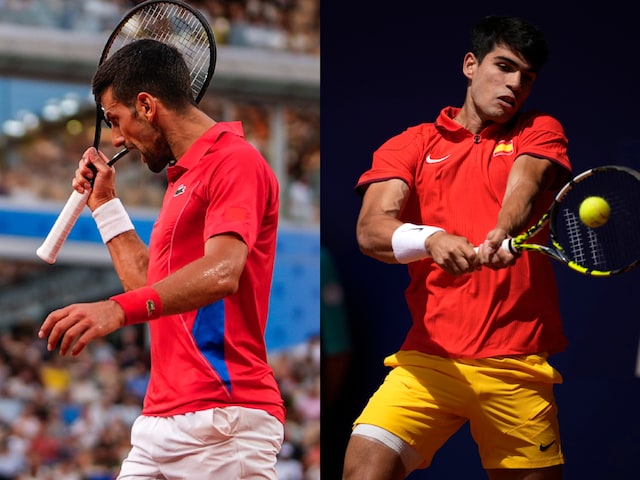Dutch volleyball player Steven van de Velde, who faced widespread criticism for competing in the 2024 Paris Olympics despite a past child rape conviction, became emotional during his first interview after the games. Van de Velde, who played beach volleyball with Matthew Immers, did not medal and was met with boos during his matches. He avoided the Olympic Village and refrained from participating in post-game interviews, unlike most other athletes.
In 2014, when Van de Velde was 19, he admitted to having sex with a 12-year-old girl he had met online, an incident he has since described as “the biggest mistake of my life.” The Dutch athlete was convicted of three counts of child rape, for which he was sentenced to four years in prison in the UK, serving one year before being transferred to the Netherlands, where he was released after a month. Had he been tried in the Netherlands, his actions might have been classified as the lesser crime of “ontucht,” or sexual behavior that violates social-ethical norms, rather than rape.
At a press conference in the Netherlands, Van de Velde broke down while discussing the intense backlash his family and teammates have faced. He hinted that the pressure might force him to retire from volleyball, stating that his 2-year-old son’s future is more important to him than his career. He also criticized the British media for publishing personal information about his family, which he said crossed ethical boundaries.
Despite the controversy, Van de Velde expressed gratitude toward those who supported him during the Olympics. However, he acknowledged the emotional toll of the situation and questioned whether continuing his career was worth the pain inflicted on those around him.
The decision to allow Van de Velde to compete sparked global outrage, particularly from groups supporting victims of sexual abuse. A petition with over 135,000 signatures called for the International Olympic Committee (IOC) to ban him from participating in the games. Critics argued that allowing a convicted rapist to compete tarnished the image of the Olympics and sent a harmful message about the tolerance of child sexual abuse. The IOC, while acknowledging the discomfort surrounding the decision, deferred to national Olympic committees to choose their athletes, and the Dutch committee determined that Van de Velde was eligible to compete after serving his sentence and completing a rehabilitation program.
However, the controversy did not resonate as strongly in the Netherlands as it did in other countries. The story did not dominate headlines or spur significant public debate in Van de Velde’s home country. Some commentators, like GBNews’s Emma Woolfe, faced backlash for defending Van de Velde by downplaying the severity of his crime, referring to it as a “very inappropriate holiday romance” and arguing that he would have been able to continue his career in any other profession.
The fallout from Van de Velde’s participation in the Olympics has raised broader questions about the ethics of allowing athletes with criminal convictions to compete on the world stage. The incident has prompted discussions about the balance between an athlete’s right to redemption and the need to protect the integrity of sports and the safety of its participants.


